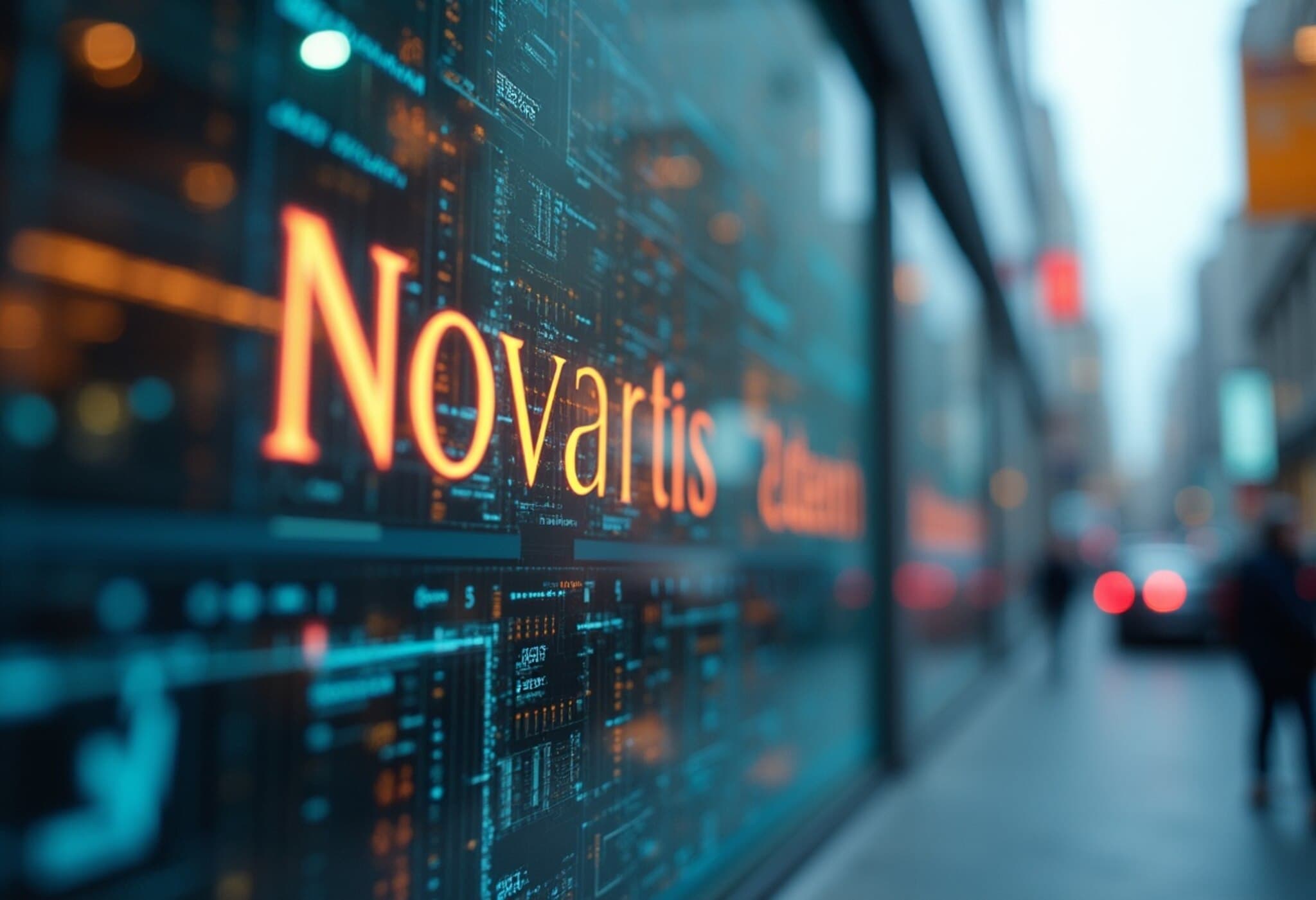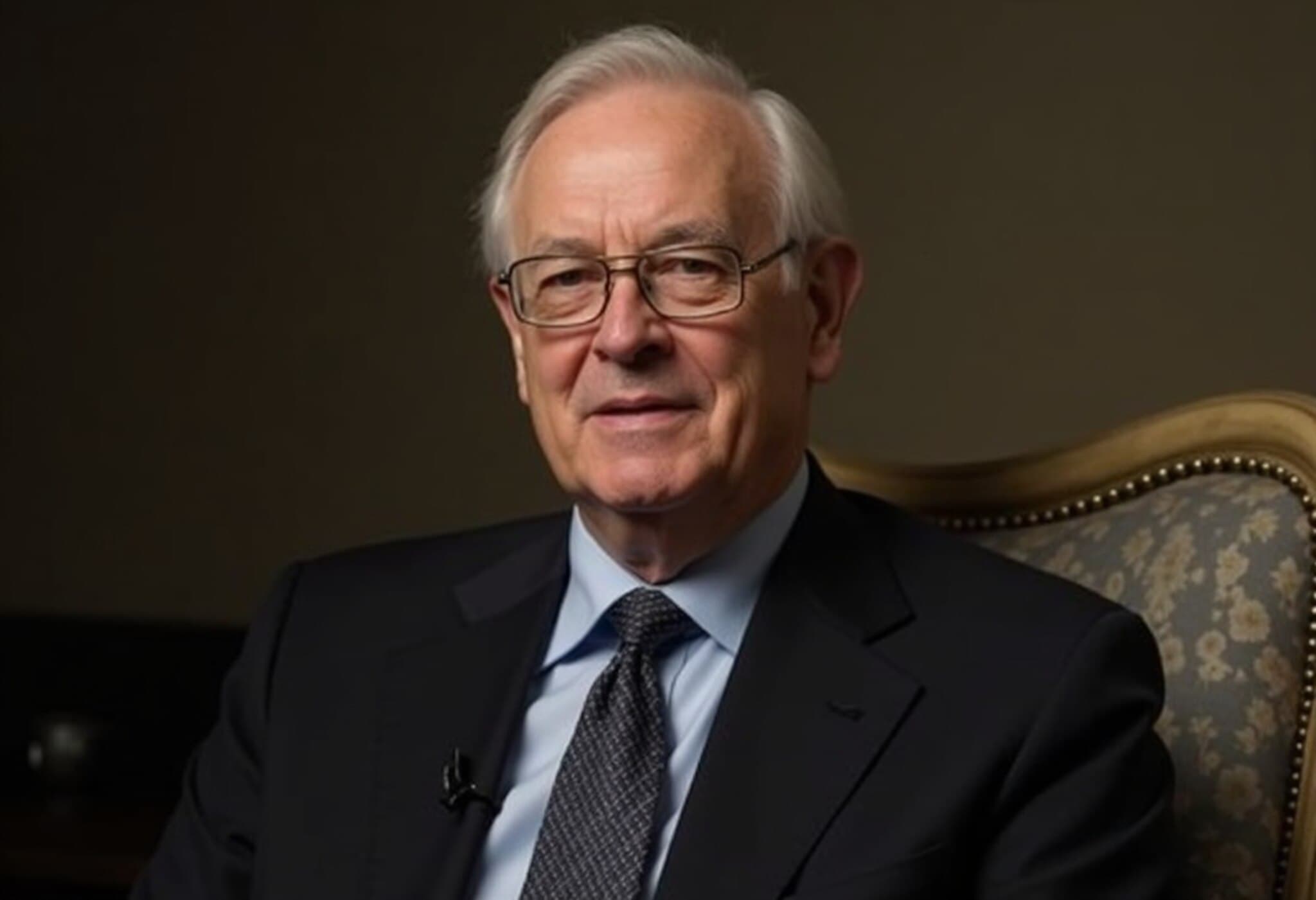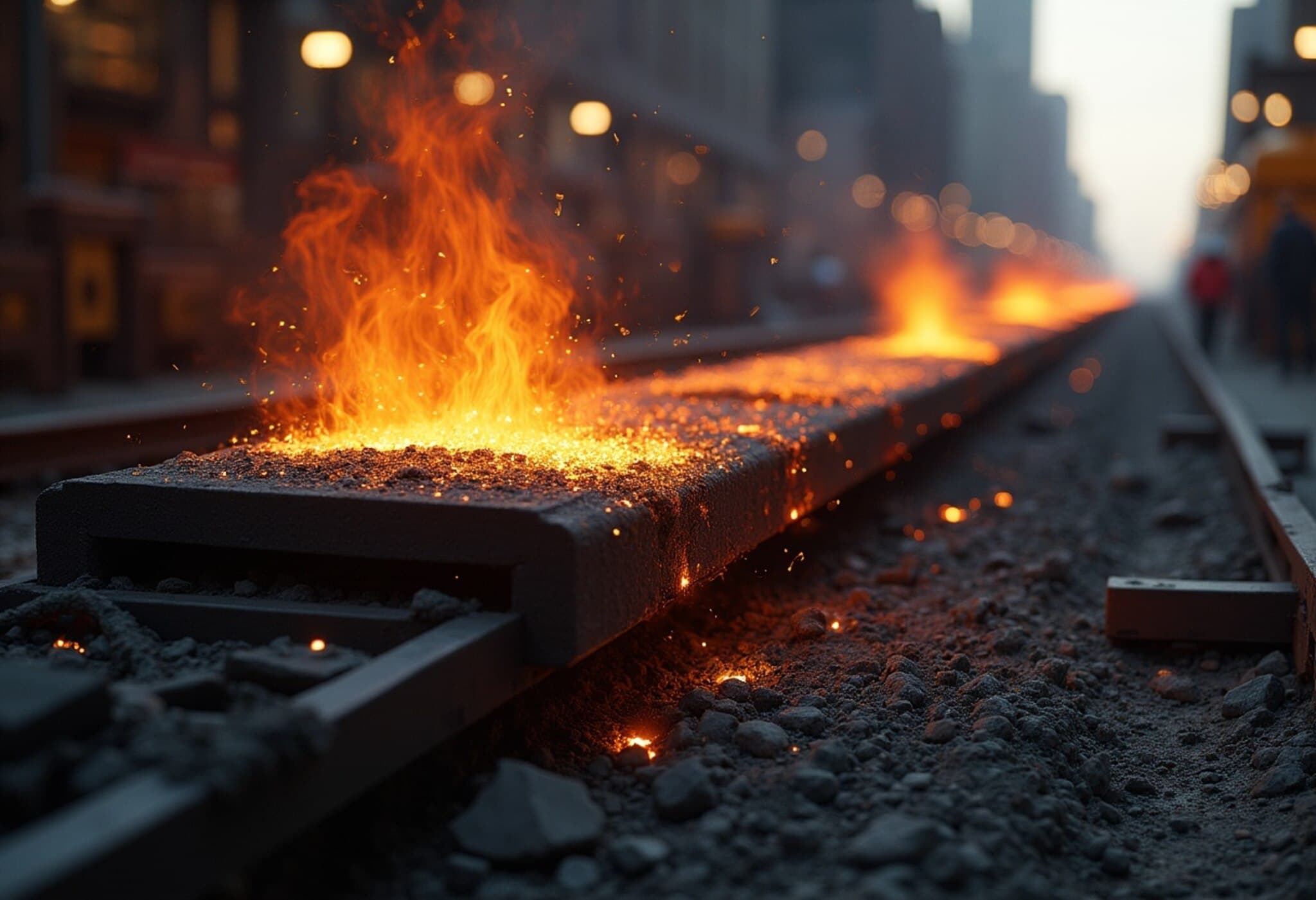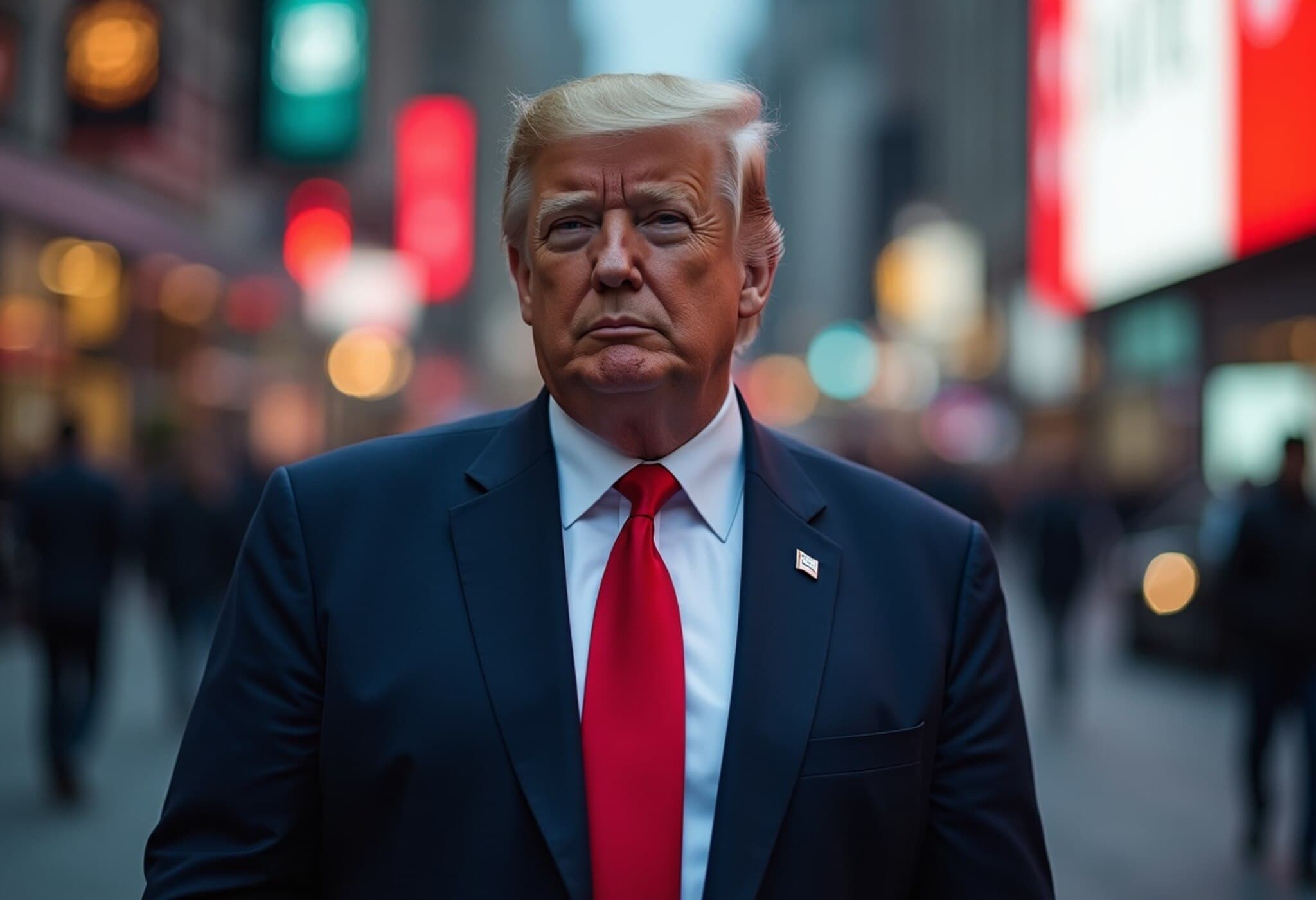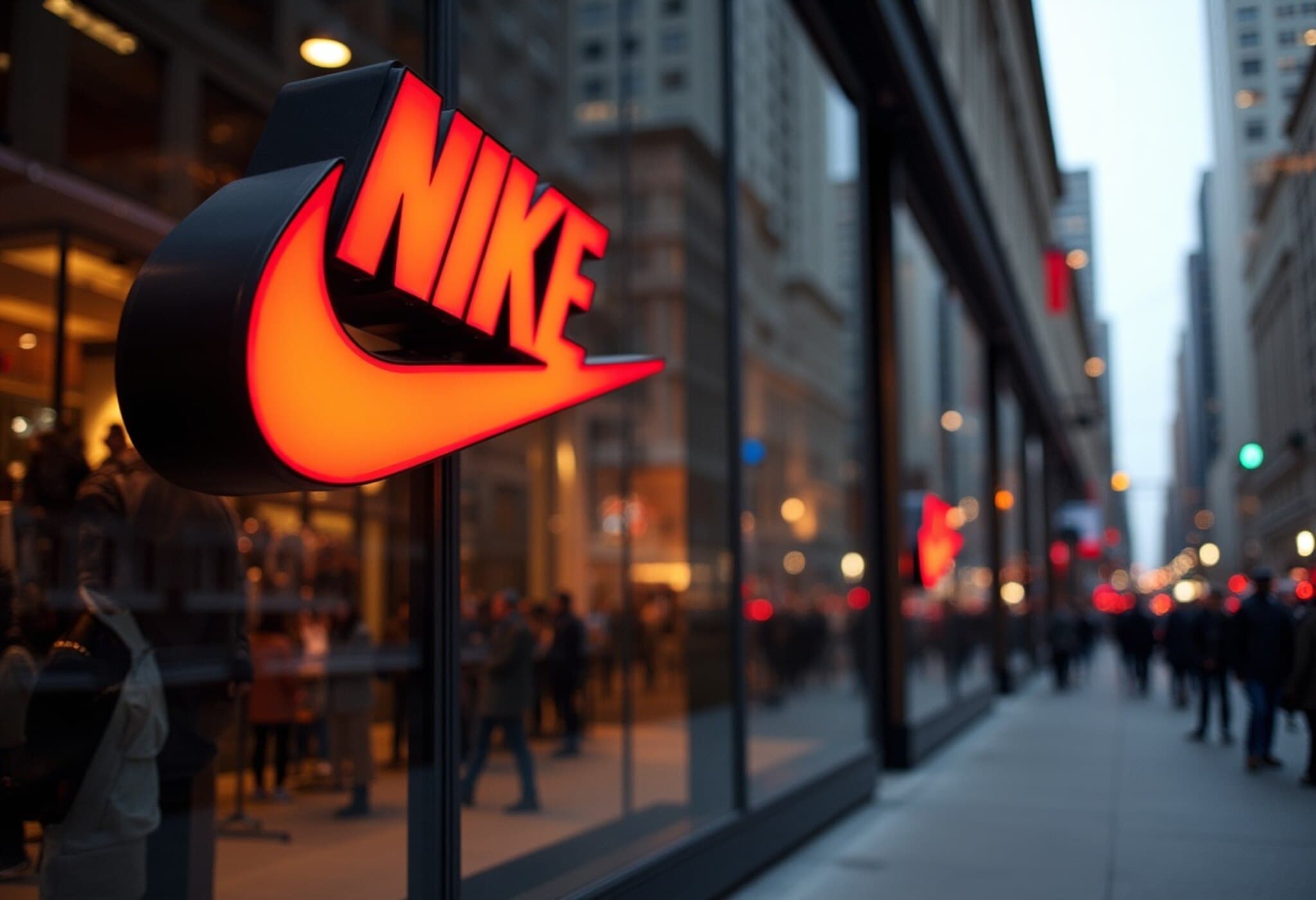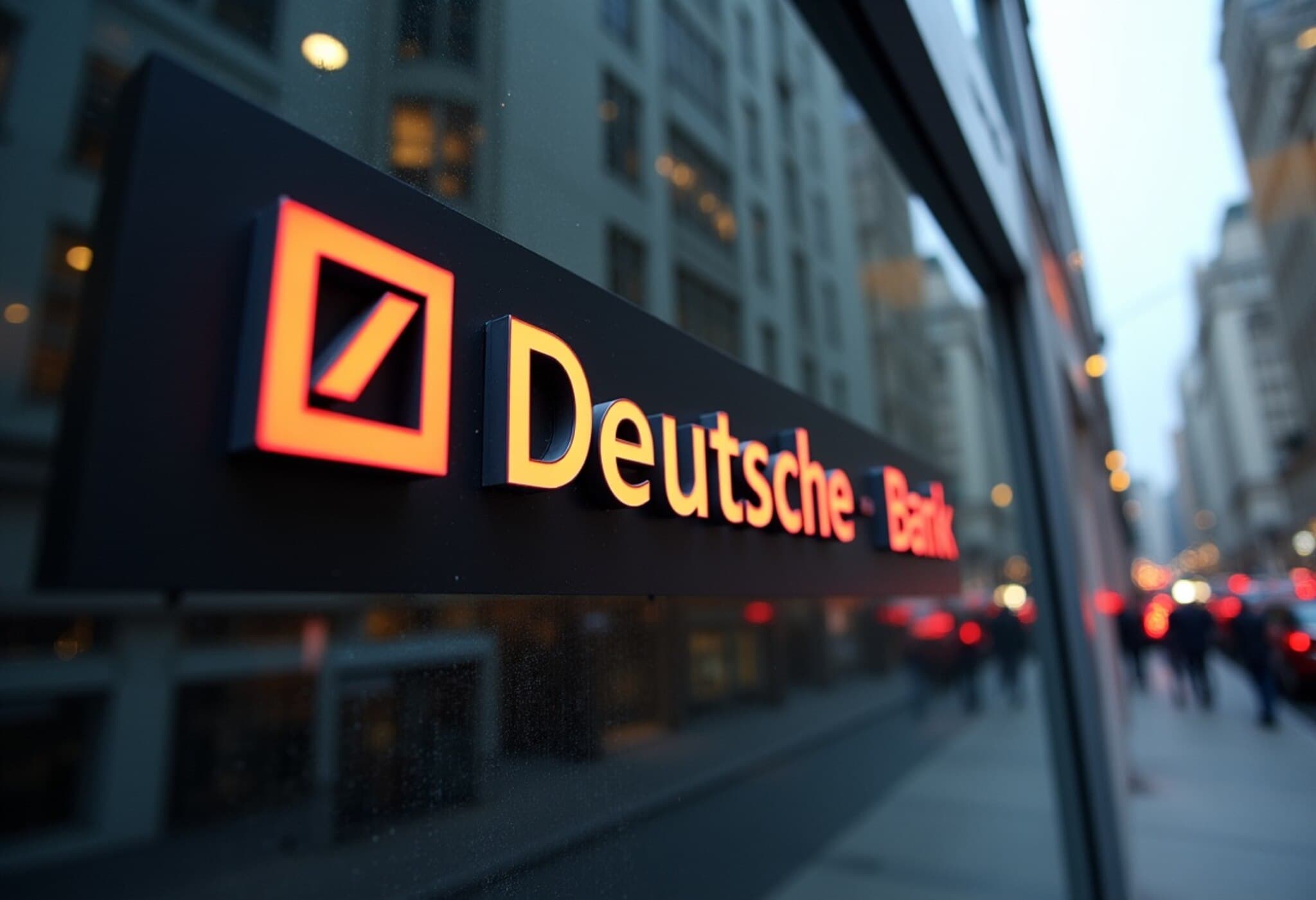Novartis Surpasses Profit Expectations, Launches $10 Billion Share Buyback
Swiss pharmaceutical powerhouse Novartis has delivered a robust second quarter in 2025, beating profit estimates and announcing an ambitious share repurchase plan. The company reported a 26% increase in net income (excluding currency fluctuations) to $4.02 billion, significantly outperforming analyst forecasts of $3.72 billion, according to FactSet data.
Buoyed by this momentum, Novartis raised its full-year core operating income outlook from "low double-digit" growth to "low teens," signaling confidence in its sustained financial trajectory. CEO Vas Narasimhan emphasized the firm's strong balance sheet and strategic capital allocation, unveiling a planned $10 billion share buyback program slated for completion by 2027.
"Our robust financial footing and optimism about mid- and long-term growth prospects empower us to return significant value to shareholders," Narasimhan said, reflecting a broader trend of blue-chip companies leveraging buybacks to reinforce investor confidence amid global economic uncertainties.
Novartis shares have climbed over 7% year-to-date, underscoring investor enthusiasm toward its growth initiatives and shareholder-friendly policies.
Expert Insight: What This Means for Investors
From a market perspective, Novartis’s buyback reflects strategic capital discipline, often signaling management’s belief that the company’s stock is undervalued. For American investors, such moves may signal stability amid geopolitical tensions impacting pharmaceutical supply chains globally.
EQT’s Exits Surge to €13 Billion in H1 2025, Illustrating Private Equity Resilience
In a striking turnaround for the private equity sector, EQT, Europe’s leading private equity firm, reported tripling its investment exits to €13 billion ($15.05 billion) in the first half of 2025 compared to last year. This marked acceleration counters a global trend of reduced exits driven by geopolitical instability and volatile markets earlier in the year.
EQT’s portfolio reshuffling included divestments in Swiss dermatology manufacturer and an Initial Public Offering (IPO) of a Stockholm-listed mortgage provider, reflecting nimble asset management and opportunistic capital deployment.
CEO Per Franzen remarked, "Despite a turbulent start to the year, our team has delivered strong performances across exits, fundraising, and overall investment returns. Our ability to realize €13 billion in asset disposals epitomizes EQT's robust market position."
Financially, EQT saw a 10% rise in management fees alongside a more than threefold increase in carried interest and investment income, reaching €191 million in the half-year compared to €41 million previously. Earnings per share increased by 23% to €0.293, and the firm’s stock has appreciated 11% year-to-date.
Contextual Analysis: Private Equity’s Shifting Terrain
EQT’s strong first half performance suggests a recalibration phase in European private equity, where firms are adapting to unpredictable geopolitical and macroeconomic challenges. The surge in exits could signal improved market liquidity, renewed investor appetite, and a strategic emphasis on monetizing mature assets before potential market downturns.
London Specialty Chemicals Firm Johnson Matthey Names New Chair Amid Activist Pressure
Following months of activism by U.S.-based Standard Investments, London-listed specialty chemicals company Johnson Matthey appointed Andrew Cosslett as its new chairman. Cosslett, noted for his leadership at British broadcaster WPP and former chairmanship at the DIY retailer Kingfisher, steps in amid corporate governance upheaval.
This leadership change follows activist calls for overhaul after Standard Investments halved its stake post a six-month campaign urging strategic shifts. Outgoing chair Patrick Thomas, the focal point of criticism, is scheduled to depart in July.
This board reshuffle reflects the rising influence of activist investors in Europe who increasingly push for operational and strategic changes to unlock shareholder value.
European Market Opens with Cautious Optimism Amid Trade and Political Uncertainties
As European bourses eye a higher open, futures data indicate positive momentum for key indices: London’s FTSE 100 up 0.4%, France’s CAC 40 and Germany’s DAX rising by 0.5%, and Italy’s FTSE MIB gaining 0.9%. However, investors remain on edge due to looming trade tensions following U.S. President Donald Trump’s announcement of a proposed 30% tariff on EU imports set to commence August 1, 2025.
Key Data & Earnings to Watch
- Important earnings reports from major European firms including EasyJet and others are due today.
- UK job figures, scheduled for early morning release, will offer critical insights into labor market health amid persistent economic unpredictability.
Editor’s Note
In a landscape marked by geopolitical friction, economic volatility, and shifting regulatory frameworks, companies like Novartis and EQT demonstrate strategic agility by reinforcing investor confidence through increased returns and asset optimization. Novartis’s substantial buyback underscores the pharmaceutical sector’s resilience in uncertain times, whereas EQT’s record exit activity signals a private equity market poised for opportunistic deployments. Yet, the role of activist investors—exemplified by Johnson Matthey’s board changes—introduces a dynamic layer of accountability and transformation across European industry.
For policymakers and investors alike, these narratives compel us to ask: How will ongoing global uncertainties shape capital flows and corporate governance strategies in the months ahead? Will companies sustain shareholder-friendly policies in a potentially cooling macroeconomic environment? Observing these trends offers a critical window into the evolving interplay between market confidence and strategic corporate stewardship in 2025.

